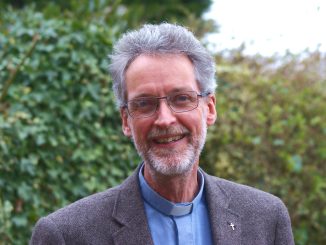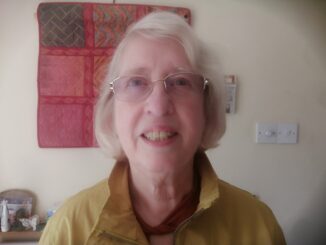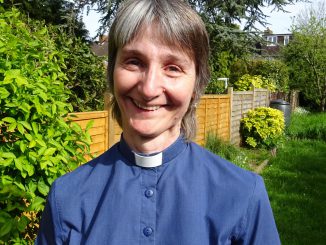 IT IS ONE YEAR (7 October 2023) since the horrendous attack by Hamas on Israeli citizens close to the border between Israel and Gaza, which reaped a harvest of indiscriminate killing and hostage-taking. The audacity, senselessness, violence, and scale of deaths sent shockwaves around the world. It was obvious that there would be retaliations, but no-one expected these to be on the scale that we have witnessed. A Muslim friend confessed that he was dumbstruck, wondering what Hamas was trying to achieve.
IT IS ONE YEAR (7 October 2023) since the horrendous attack by Hamas on Israeli citizens close to the border between Israel and Gaza, which reaped a harvest of indiscriminate killing and hostage-taking. The audacity, senselessness, violence, and scale of deaths sent shockwaves around the world. It was obvious that there would be retaliations, but no-one expected these to be on the scale that we have witnessed. A Muslim friend confessed that he was dumbstruck, wondering what Hamas was trying to achieve.
Equally, the Israeli response has involved indiscriminate killing and loss of life for Gazan citizens, not to mention the destruction of towns and villages, infrastructure, hospitals, universities and schools. The whole scene is one of unbelievable destruction. The violence has also given permission for increased attacks on Palestinians in the West Bank by Israeli settlers. Jewish friends have expressed their despair at the ferocity of Israel’s actions, even as they support its right to defend itself against aggression from outsiders. And now the focus has shifted to Lebanon-Israel borderlands, where Hamas-supporting Hezbollah has a stronghold.
To say that the politics of the region is complicated is a massive understatement. But underneath the conflict massive trauma fuels perspectives. On the Israeli side is the trauma of the Jewish Holocaust (Shoah) and the loss of the six million. On the Palestinian side is the trauma of the Catastrophe (Nakba), with the expulsion of approximately 750,000 Palestinian people from the land at the founding of the State of Israel in 1948. Both sides view these events as grave injustices, and peace proposals over time have not been able to heal the hatreds, fears, and suspicions engendered by trauma. Neither side now is open to any two-state solution – always the favoured compromise for two sides who wish the other did not exist.
How might we, who look on with dismay, respond to these unfolding events? We might pray for peace, of course. Even for those who have ceased to believe in an intervening Deity, prayer still exists to concentrate the mind, and assists in maintaining a hold on peace as a future possibility. We could lend our efforts to any number of organisations and movements promoting ‘hope not hate’ as a way of reducing tensions between communities nearer to home. We could become more informed about the history of trauma affecting relationships in the Middle East, which would in turn help to address our unconscious biases in response to conflict, including any hidden leanings towards Antisemitism or Islamophobia. We could increase our efforts to bridge divides by getting to know those of a faith-tradition different from our own and thereby learn respect for another’s beliefs and practices. If we believe in the values of hope, peace, and justice, then putting these ideals into practice will be a test of their credibility for us.
Revd Dr Alan Race – Reading Minster



